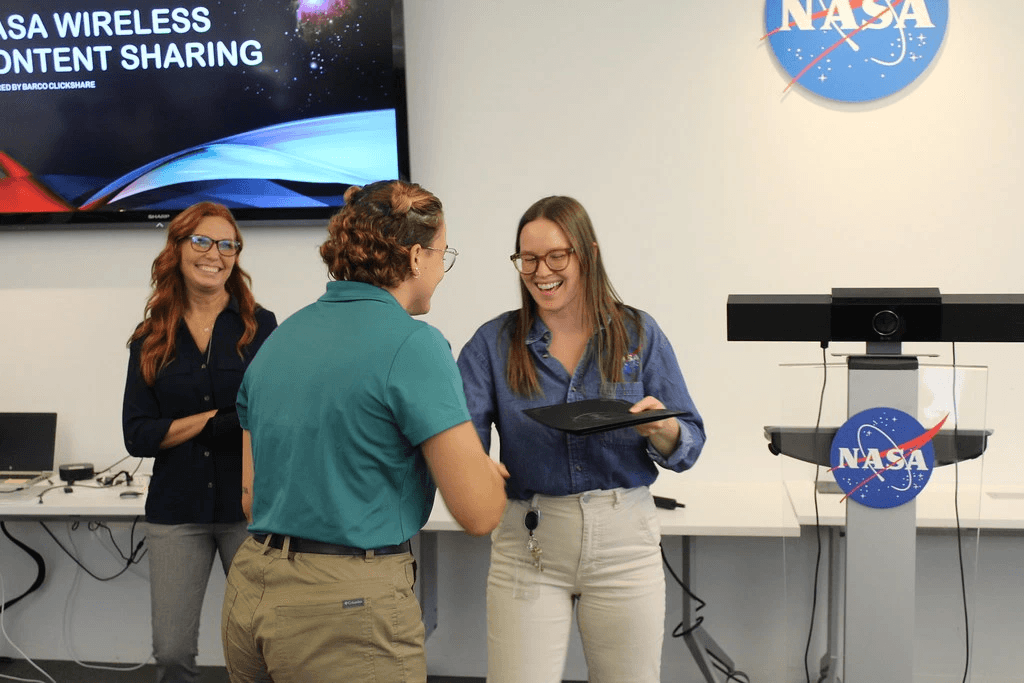Here’s what most high school students ask when they hear “weekly reflection”: “Isn’t that just journaling with extra steps?” In this blog, you’ll learn how to treat your life like a mini-research project, collecting data, spotting patterns, and testing tiny changes, turns boring reflection into a science-backed superpower. By the end, you’ll know exactly how to use personal data to boost grades, mood, and energy, plus how RISE Research can help you level-up your inner scientist.
But here’s the real trick: weekly reflection is not about writing a long essay or writing about every day of your life. It’s really about asking to ask better questions, paying attention to patterns in your life, and changing a few small things that return big dividends in the way you live. You may want to reflect to get better grades, for better sleep, or just for a less stressful week. The right weekly reflection system makes the everyday events in your life feedback on what you are or are not doing, allowing you to grow and feel more in control.
Why Reflect Like a Researcher Instead of a Casual Note-Taker?
Traditional journaling is great for venting feelings, but it rarely shows why bad Mondays happen or how late-night scrolling torpedoes Tuesday quizzes. Researchers approach problems differently: they define variables, gather evidence, and test hypotheses. When high school students borrow this mindset, weekly reflection stops being guesswork and starts producing actionable insights, just like the real studies RISE Research scholars publish with PhD mentors.
Step 1: Choose Your Research Question
Think of your week as a lab. Every good experiment starts with a clear question:
How does sleep length affect my morning energy?
Does studying with lo-fi beats improve my concentration?
Which day is best for tough homework based on mood data?
Pick one question per week. Narrow focus keeps data collection quick and reflection under ten minutes, perfect for busy teens balancing classes, clubs, and possibly a RISE Global Education research project at www.riseglobaleducation.com.
Step 2: Define Your Key Variables
Researchers never measure “everything.” They pick variables that matter most:
Independent variable (what you change) – e.g., bedtime.
Dependent variable (what you track) – e.g., first-period alertness.
Write them in a notes app or paper journal. Clarity now prevents “Uh…what was I measuring?” confusion on Friday night.
Step 3: Collect Micro-Data All Week (No Fancy Gadgets Needed)
You don’t need a $300 smartwatch to act like a scientist. Try these quick data hacks:
Sleep: phone’s built-in bedtime log or jot lights-out time in Notes.
Mood: 1–5 rating at lunch; single emoji if you’re rushed.
Productivity: checkmark for tasks finished; count Pomodoro sessions.
Screen time: built-in Android/iOS reports.
Set two reminders, one mid-day, one before bed, so data stays consistent. RISE Research mentors use similar “daily logs” when guiding student projects, proving that simple, repeated measures beat sporadic, complicated ones.
Step 4: End-of-Week Analysis - Spotting Patterns Like a Pro
Friday (or Sunday) evening, spend ten minutes reviewing your numbers:
Plot a quick sketch. Draw a simple line or bar chart in your notebook. Visualization reveals trends faster than scanning rows of digits.
Ask, “What changed when X changed?” Did earlier bedtimes (independent variable) coincide with higher morning-energy scores (dependent)?
Note surprises. Maybe your energy plummeted on game night despite decent sleep. Flag anomalies for next week’s experiment.
This mini-analysis mirrors the discussion sections RISE Research students write for their science journals, translating raw data into meaningful stories.
Step 5: Form a Tiny Hypothesis for Next Week
Based on your findings, craft an “If-then” statement:
“If I keep my phone outside my room, I’ll fall asleep 20 minutes earlier.”
“If I switch from sugary soda to water after lunch, my eighth-period focus will rise one point.”
You’ve now turned reflection into a continuous improvement loop, exactly how researchers refine experiments cycle after cycle.
Step 6: Iterate, Because Real Science Is Never One-and-Done
Researchers publish multiple studies before drawing firm conclusions. Likewise, test each tweak for at least two weeks. If results stick, lock in that habit and tackle a new research question. Over months, you’ll engineer a personalized system, sleep schedule, study playlists, even snack timing, proven by your own data.
How RISE Research Supercharges Student Self-Experimentation
High school students in RISE Research work with PhD mentors to design legit investigations, from neuroscience to environmental science, then submit findings to top journals. The same skills, defining variables, gathering reliable data, analyzing patterns, apply perfectly to personal growth.
Mentorship: A RISE mentor can double as your “life-data advisor,” helping refine your weekly metrics just like a lab project.
Coaching: Weekly check-ins mimic academic coaching, keeping you accountable for data collection (no skipped entries!).
Publication mindset: Knowing your mentor expects a summary nudges you to take reflection seriously, boosting both self-awareness and résumé power.
In short, RISE Global Education turns the science of reflection into a college-ready skill set, proving to admissions officers that you don’t just study research, you live it.
Quick Tips for Busy Teens
Keep tools minimal. Notes app + graph paper outranks fancy dashboards you’ll abandon.
Automate where possible. Use phone reminders; link fitness tracker sleep logs if available.
Stay honest. Data-fudging only cheats your future self.
Share insights. Discuss findings with friends or a RISE mentor, peer review in real life.
Celebrate wins. Improved focus score? Treat yourself to an episode of your favourite show (after recording the data, of course).
Common Pitfalls and How to Dodge Them
Tracking too many variables. Start with two max. More = overwhelm.
Neglecting context. Record unusual events, pop quiz stress, family trip, that skew data.
Expecting instant miracles. Data trends emerge over weeks; patience is part of the scientific process.
Using data as judgment. Numbers guide decisions; they’re not grades on your worth.
Remember, reflection isn’t about being perfect; it’s about getting curious, the same attitude RISE Research nurtures in every scholar.
Key Takeaways
Weekly reflection becomes far more powerful when treated like a mini-research project.
Define a clear question, pick measurable variables, and gather simple daily data.
Analyze patterns at week’s end, form a small hypothesis, and iterate for continuous self-improvement.
Programs like RISE Research teach these exact scientific habits, pairing students with PhD mentors to turn curiosity into publishable studies, and practical life upgrades.
Consistent, honest data beats expensive gadgets or sporadic journaling. The goal is actionable insight, not perfection.
Ready to Level-Up Your Inner Scientist?
If you’re excited to apply real research methods to both personal habits and academic pursuits, explore RISE Research at www.riseglobaleducation.com. From one-on-one mentorship to hands-on projects, RISE helps high school students master the skills of inquiry, data analysis, and evidence-based decision-making, skills that transform weekly reflections into lifelong superpowers. Dive into a cohort, grab a mentor, and start turning your everyday life into the most fascinating research project you’ll ever run.
If you are a high school student pushing yourself to stand out in college applications, RISE Research offers a unique opportunity to work one-on-one with mentors from top universities around the world.
Through personalized guidance and independent research projects that can lead to prestigious publications, RISE helps you build a standout academic profile and develop skills that set you apart. With flexible program dates and global accessibility, ambitious students can apply year-round. To learn more about eligibility, costs, and how to get started, visit RISE Research’s official website and take your college preparation to the next level!
Read More












